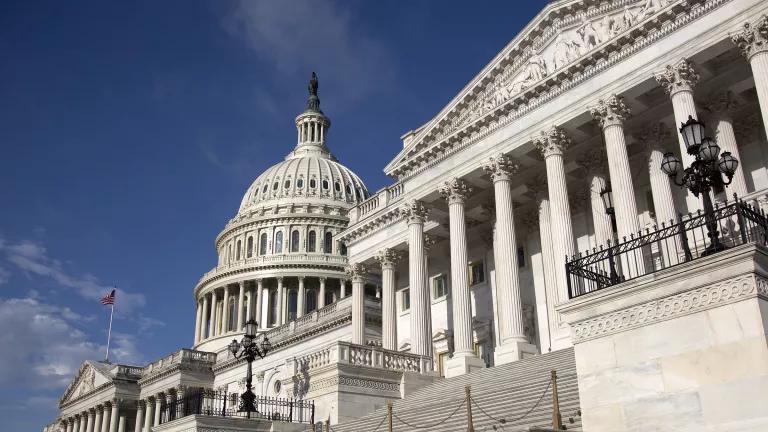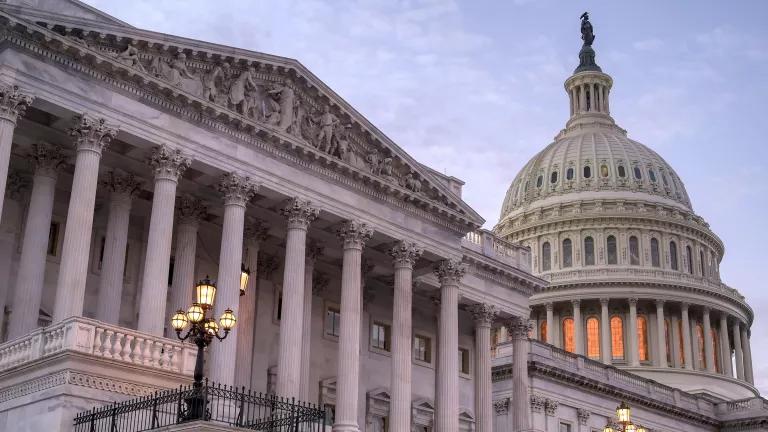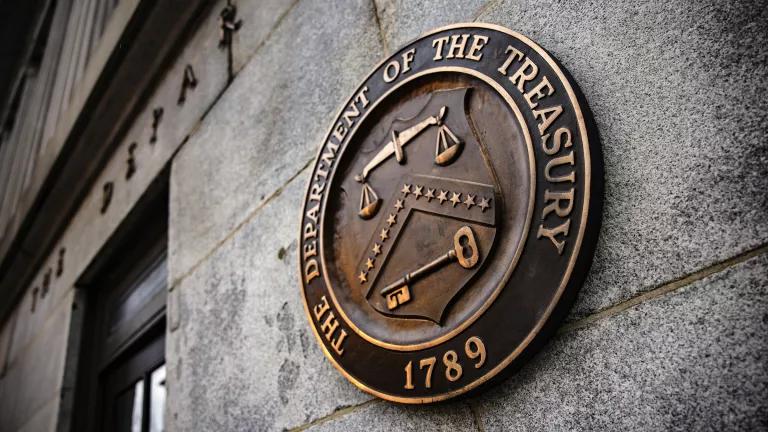House Doubles Down on Pebble Mine
Leaders of the House Committee on Transportation and Infrastructure requested records about the proposed Pebble Mine to determine whether Pebble executives duped Congress, the U.S. Army Corps of Engineers, and the public about the size and scope of the project.

Issues Records Request to Determine Whether Pebble Deceived Congress and the Public
Leaders of the House Committee on Transportation and Infrastructure requested records about the proposed Pebble Mine last week to determine whether Pebble executives duped Congress, the U.S. Army Corps of Engineers, and the public about the size and scope of the project.
The House investigation arose after the release of secret video recordings—known as the “Pebble Tapes”—showing Pebble executives boasting to environmental investigators posing as Chinese investors about a 200-year mine plan. Pebble submitted a permit application to the Army Corps for a 20-year mine plan.
Chair of the House Committee on Transportation and Infrastructure Peter DeFazio (D-OR) and Chair of the Subcommittee on Water Resources and Environment Grace F. Napolitano (D-CA) wrote in letters to the Army Corps and Pebble Limited Partnership that:
From the private discussions revealed by the “Pebble Tapes,” it seems as though Pebble was dealing with two sets of facts, one to lure potential investors to the Pebble project and one to alleviate fears of Alaskan Natives, the U.S. Congress and federal agencies of potential adverse environmental impacts from the mine.
Pebble has much to answer for!
Former Pebble CEO Tom Collier—who since resigned in disgrace—boasted privately in the Pebble Tapes that the likelihood of expansion was virtually “100 percent.”
“It’s probably gonna be more than 200 years,” bragged Collier. Collier also claimed that “constant expansions” and extensions of the duration of the mine’s operating life as well as the mine’s expanded daily production capacity is “a well-worn path” that Pebble is emulating.
Collier’s private boasts to perceived investors entirely contradict his public testimony to Congress, in which he claimed that “Pebble has no current plans, in this application or in any other way, for expansion.”
“Pebble appears to have shuffled its deck of facts depending on the players at the table,” wrote Chairman DeFazio and Chairwoman Napolitano.
As the letters noted:
[T]he public statements by Pebble both before and after the “Pebble Tapes” were recorded show that the company and its officials were consistent in providing what appears to be intentionally misleading and deceptive information to the public while delivering a decidedly separate set of facts in private to those it believed were potential Pebble investors.
In case you were wondering—and you should be because it’s an important point—concealing material facts and making intentionally false statements to Congress or Federal agencies is against the law. Under 18 U.S.C. § 1001, false statements to Congress or the Army Corps are punishable by fines, imprisonment, or both. Notably, this statute was specifically listed in the permit application that Pebble signed and submitted to the Army Corps on December 22, 2017.
To ascertain whether Pebble misled Congress, the Army Corps, and the public, the letters requested “copies of all records related to the intended, anticipated or potential length, capacity, size or scope of the Pebble Mine” and set a deadline of December 10, 2020.
For its part, Pebble has doubled down on DC lobbyists. According to a recent lobbying registration disclosure, Pebble hired two new lobbyists in Washington: BGR Group's Haley Barbour and Loren Monroe.
First up: responding to Congress’ request for records by the December 10th deadline!



